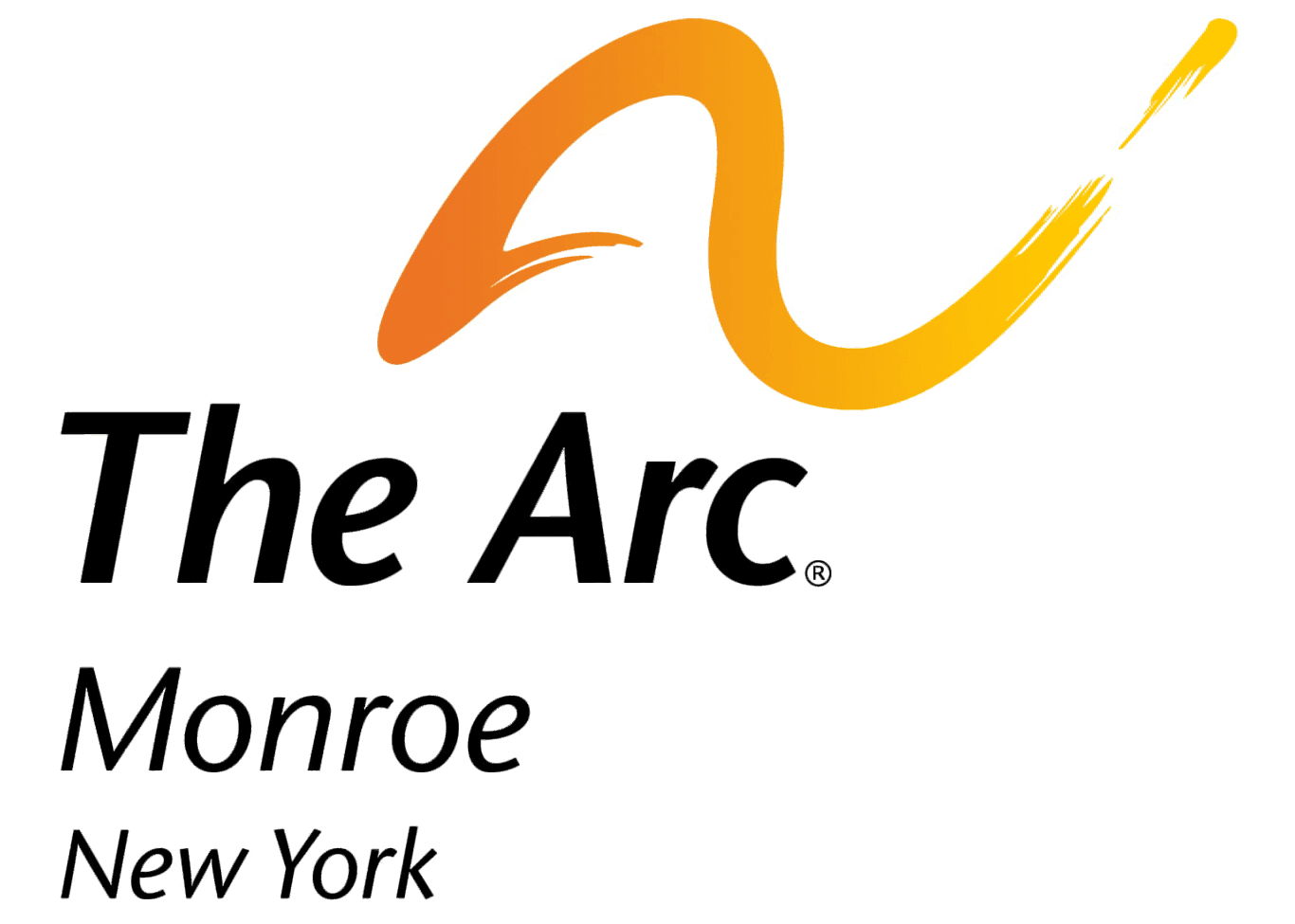What is Dementia?
Dementia is a general term for loss of memory, language, problem-solving and other thinking abilities that are severe enough to interfere with daily life. Alzheimer’s is the most common cause of dementia.
Although it is well known that older people are at higher risk for Alzheimer’s disease and dementia, it is less well known that individuals with intellectual disabilities, especially Down syndrome, are also at high risk of the disease, and research shows that people with IDD have a prevalence of dementia.
What are some signs of Dementia?
Early signs may include changes in health, and in some cases, the development of later-age seizures. Other changes may include the loss of skills for dressing, self-care, and completing multiple-step tasks. Loss of language skills and memory are other signs that changes may be connected to dementia. However, in a person with an intellectual disability, these are typically seen later in the progression of the disease.
What can you do?
Pay close attention to subtle changes in behavior and any changes in communication skills, such as losing the ability to carry on a conversation. Watch for significant changes in functioning, such as skill loss including activities of daily living, loss of appetite and/or weight loss, refusal to participate in previously preferred activities and events, as well as changes in social interaction such as forgetting the names of people who your loved one has known for years. All behavior is a form of communication, and we can learn so much from changes in typical daily behavior.
Most Importantly!
You, as caregivers, play an important role in the overall wellness of the individuals you support. The needs of people living with IDD and dementia are sometimes similar to other people with dementia but often call for unique skills, assessments, and approaches. As individuals with an intellectual or other developmental disability age, you may see changes that are confusing and upsetting. It can be frightening not knowing what is happening to them or how to best support the person. Your support is extremely important to them. Sometimes, it can be difficult finding answers when life begins to change. As people with intellectual disabilities age, changes will occur. The best thing you can do is learn as much as you can, advocate whenever it is needed, and support your loved one to live his or her best life.
